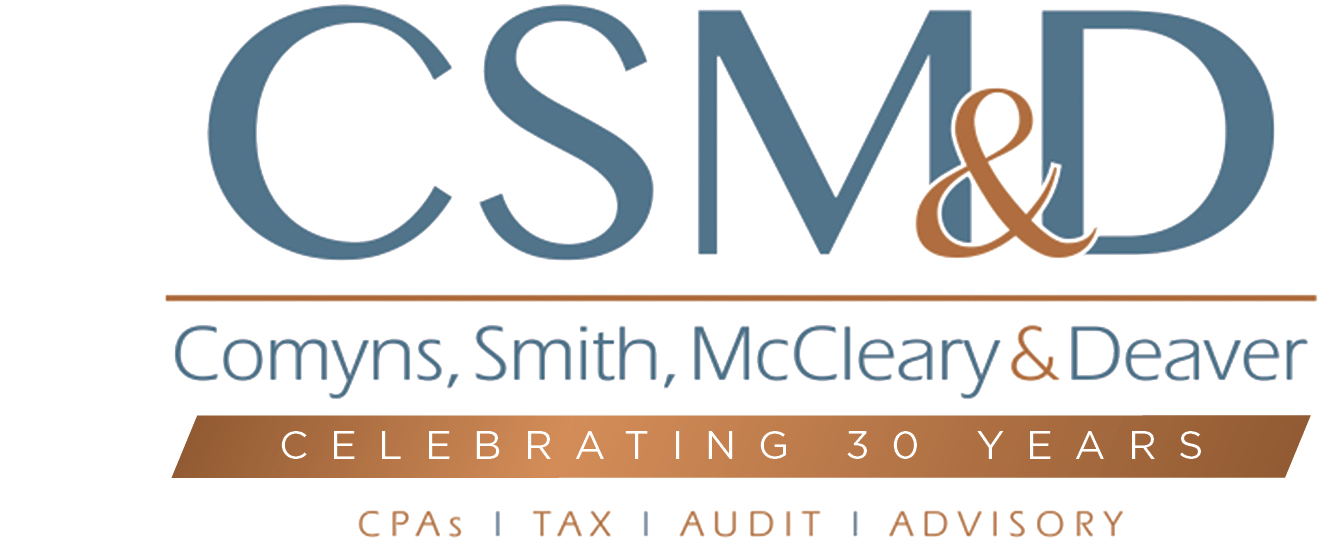by Ulrika Lomas, Tax-News.com, Brussels
04 October 2019
On October 1, 2019, the United States Treasury Department and the Internal Revenue Service announced an administrative relief for certain US persons that own stock in certain foreign corporations.
According to the IRS, new Revenue Procedure 2019-40 limits the inquiries required by US persons to determine whether certain foreign corporations are controlled foreign corporations (CFCs). The Revenue Procedure also allows certain unrelated minority US shareholders to rely on specified financial statement information to calculate their Subpart F and Global Intangible Low Tax Income (GILTI) inclusions and satisfy reporting requirements with respect to certain CFCs if more detailed tax information is not available. It also provides penalty relief to taxpayers in circumstances specified in the Revenue Procedure.
Finally, the Revenue Procedure announces that the IRS intends to amend the instructions for Form 5471 to reduce the amount of information that certain unrelated minority US shareholders of a CFC are required to provide. It will also limit the filing requirements of US shareholders who only constructively own stock of the CFC solely due to downward attribution from another person.
The proposed regulations provide additional relief to taxpayers affected by the repeal of Section 958(b)(4) by the Tax Cuts and Jobs Act. These stock attribution rules described whether a person is a US shareholder, and whether a foreign corporation is a CFC and their repeal created “downward attribution,” which permits stock owned by a foreign person to be attributed to a United States person for purposes of creating a CFC. These changes were necessary for the introduction of the transition tax, on previously unrepatriated foreign holdings and also to provide for an associated participation exemption.
The regulations also propose modifications to existing regulations that are intended to ensure, in certain appropriate circumstances, that the operation of certain rules is consistent with their application before the repeal of Section 958(b)(4).
